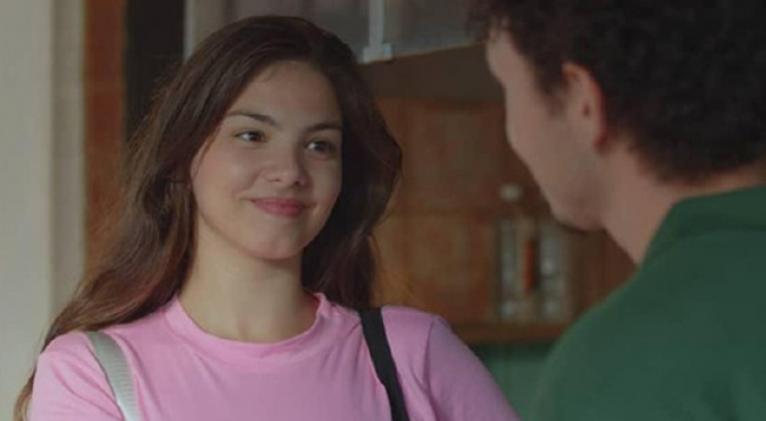
Havana, August 21 - “Corazón Blanco” is the title of the telefilm that will premiere this Thursday, August 21, at the Yara cinema in the capital, and on Saturday, August 23, in the popular program “Una calle, mil caminos,” produced and broadcast every Saturday by Cubavisión from 2:00 PM.
Directed by Eduardo Eimil, this television feature showcases the talent of its screenwriter, Lil Romero, and her connection to Cuban drama in the medium, reflecting the issues afflicting today’s society.
“This story came to me through Beatriz Roussó, one of the advisors for the program ‘Una Calle Mil Caminos,’ who proposed this idea to me just after I finished filming the telenovela ‘Regreso al Corazón,’ which is currently airing on television, and of which I am co-director alongside Loysis Inclán,” Eimil told the Cuban News Agency.
“I fell in love with this script from the start, as it was something completely unique; more like a story told in two voices, and I had no idea how it would turn into a script, which happened thanks to the brilliance of the screenwriter,” he confessed.
He also noted that the close friendship he has with Lil and their shared interests enabled a level of professional empathy that benefitted both the teamwork and the final product.
According to the director, the title of the telefilm stems from the idea that we are all born good; a reflection conveyed by the character’s religious godfather: a heart can be white at the beginning and then acquire different shades depending on the conflicts encountered in life.
In this case, he explained, it centers on two young teenagers in a romantic relationship, which will be overshadowed by his macho attitudes and the archetypal male desire for control that men sometimes exert over women.
The telefilm stars Marelys Alvarez (Sayuri “Sá”) and Raúl López (Ticó), who are a couple both in the film and in real life; this was very helpful, as they already had a dynamic of complicity, love, subtlety, and shared glances that further facilitated the development of the plot, Eimil added.
He shared that these two excellent actors, who met at the National School of Arts and are now together at the University of the Arts, were able to exchange experiences with the team and delve into a theme that, while not part of their daily lives, is a current issue well represented through their respective characters.
Regarding the other actors and actresses, he remarked that he always wanted a top-tier cast even for the smallest roles, and he achieved it, with the participation of Roberto Romero (Tony), Geyla Neira (Leonor), Amalia María Versagui (Sheila), Alter Cabrera (Denisisto), Chriss Forte (Fabio), Náyade Rivero (Teresa), Georbis Martínez (the Godfather), Luis Ángeles León (Chiky), and Fedora Torres (Osmara López).
The shooting could not have gone better, as I worked with a wonderful group of people, many of whom were my former students from the Faculty of Audiovisual Communication Arts (FAMCA), which made me feel like family, creating a camaraderie that turned the work into a celebration; something that was supposed to last about 10 days ended up taking seven or eight because of the speed and the relationships among everyone involved, he highlighted.
This fictional feature is already set to leave its mark, especially with the musical composition by Cuban singer Melanie Santiler for its closing moments, making her one of the emerging and talented figures in today’s music scene.
Regarding the artist, the director remarked that she is currently experiencing significant growth and visibility in social media, which she enjoys, and that’s why she is part of the soundtrack, with a piece that may not be what we are used to hearing from her, but which reflects all her creativity along with Javier San Pedro, a student from FAMCA, who complemented this proposal.
Eduardo Eimil stated that “Corazón Blanco” is an audiovisual work that, while it carries its message, is more about establishing a communication act between the creator and the viewers, reflecting the work of a whole team aiming to make the audience reflect on machismo and the reasons why it persists.
He concluded that the conflict in the telefilm represents a remnant of patriarchy that still exists in Cuba and many places around the world, which is now compounded by modern social media, where any spark can impact and indeed affects today’s youth. (Text and Photo: Cubasí)